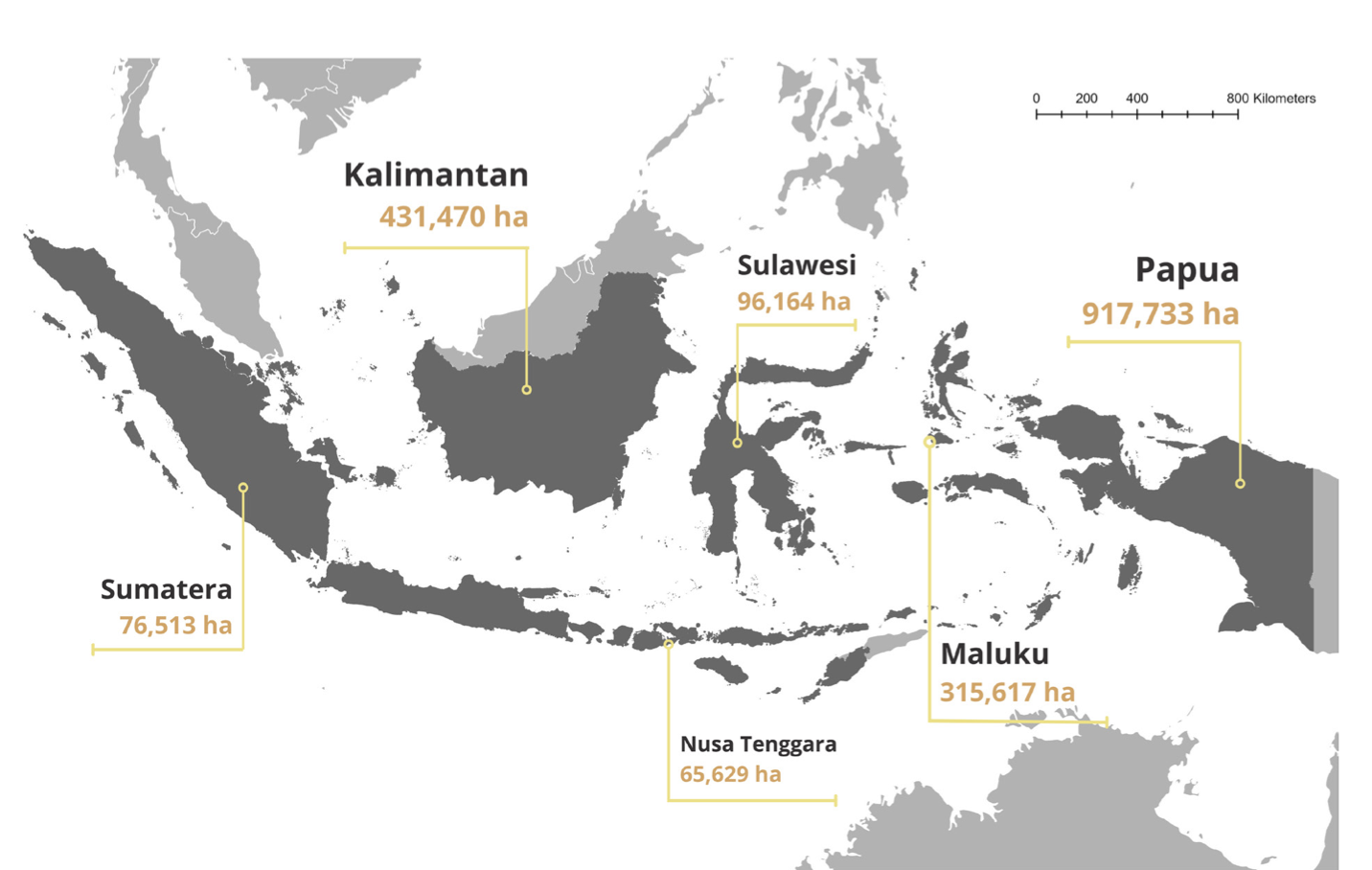
CEO Note: Climate “good boy” or climate “smart boy?”
By Glenn Hurowitz, Founder & CEO
Indonesia’s climate envoy (and President Prabowo’s brother) Hashim Djojohadikusumo articulated the kind of international response we should fear from Trump’s second abandonment of the Paris climate accord, as he suggested Indonesia is considering following suit: “If the United States does not want to comply with the international agreement, why should a country like Indonesia comply with it?” he said. “Indonesia always wants to be ‘a good boy.’ But the ‘big boys’ are not necessarily ‘good boys’ either, right?”
This is the zero-sum game the Trump team would love to see, so they can spread the responsibility for increased climate disasters to other countries. But here’s a reality that I hope Pak Hashim and the Prabowo administration, which I believe want their country to be a climate and nature superpower, will consider:
The big boys may not always be good, but neither are they always smart. For countries like Indonesia to follow Trump’s lead is a failure of imagination. When the U.S. government willingly cedes its leadership position, following its path is not just foolish, but economically perilous.
Regardless of whatever memes the White House is following, the race to decarbonize continues apace – and is accelerating. Electric vehicle sales climbed a whopping 35% last year, continuing a year-on-year pattern of massive growth. Solar installation grew about 29% last year, following 87% growth in 2023.
The share of electric and hybrid vehicle sales in the United States reached a new record in Q3 2024. Source: EIA
Other countries offer some encouraging counterexamples to Indonesia’s cynicism. Late last month, the Japanese Ministry of Economy, Trade and Industry announced new revisions to its support for electric vehicles, adding a new subsidy for electric vehicles if the manufacturer is adopting green steel. The government has allocated ¥110 billion (roughly $720 million) for this new program to stimulate demand for green steel and promote decarbonization. And we reported last week on South Korea reducing subsidies for burning trees for “biomass electricity” so it can invest more in truly clean energy.
And it is important to note – especially given the events of the past couple of weeks – that U.S. climate action isn’t disappearing, either. The U.S. is more than just its federal government. Decarbonization is sufficiently baked into our economy that it will continue to drive massive investment. The private sector isn’t stopping, many states are doubling down, and philanthropy and civil society continue to marshal commitments, investment and action. Indeed, over the past 20 years, actual American clean energy deployment and carbon reductions have vastly exceeded anything mandated by law – because it makes economic sense. That’s unlikely to change.
The question for Indonesia and other countries is: do they want to be on the winning side of this challenge, or damage their own prospects for prosperity by following an obviously misguided action by the United States?
This is the dilemma facing many countries – and I have faith that the smart and courageous ones will survive and prosper.
—
© 2025. The text of this article is openly licensed under Creative Commons (CC BY-ND 4.0); you are free to copy and redistribute or republish the article in its entirety with attribution and credit.
